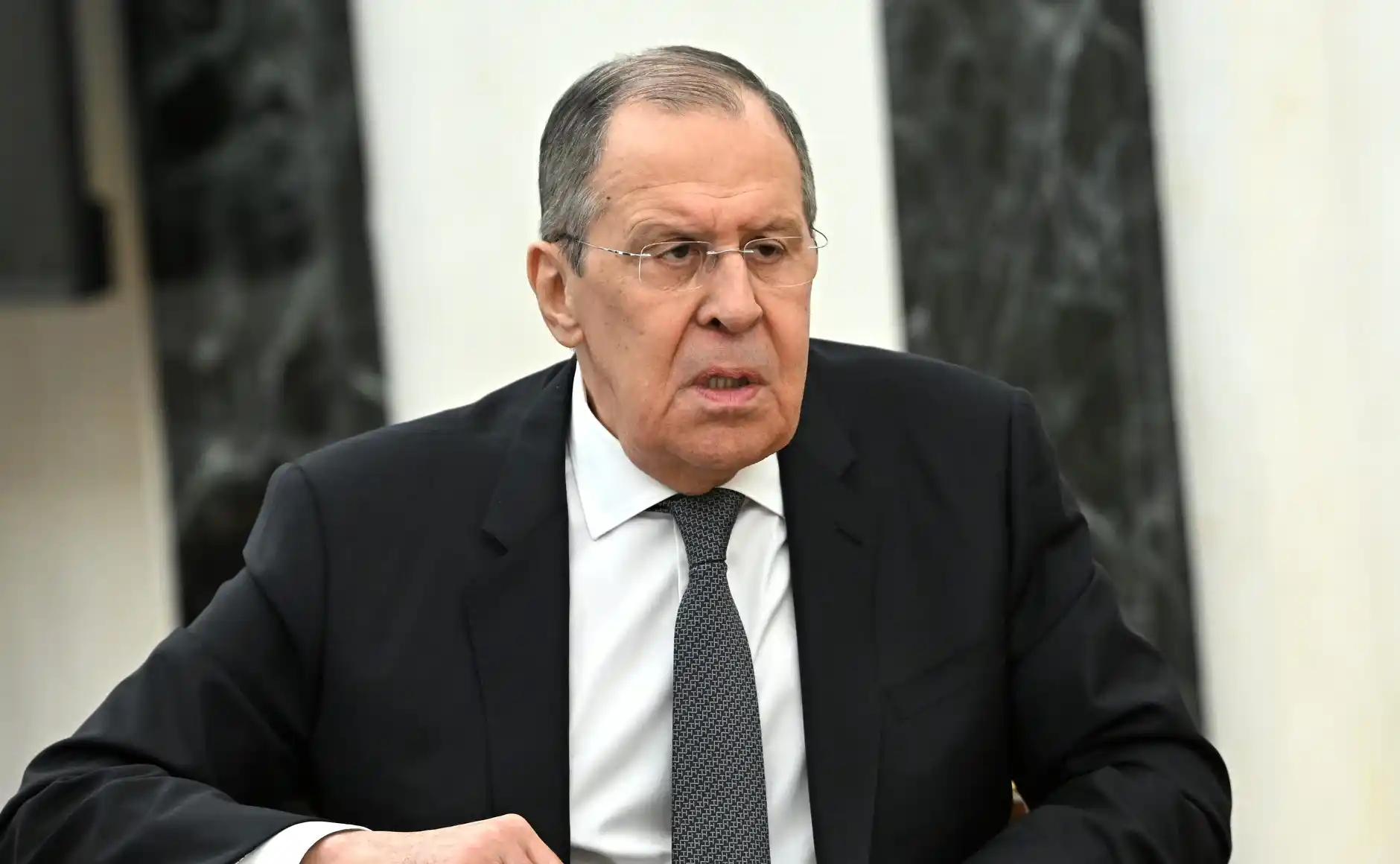The Russian Foreign Ministry has unexpectedly begun publicly defending itself following accusations that Minister Sergey Lavrov “derailed the Putin–Trump summit.”
Several sources said that “Lavrov was unprepared for the dialogue with Rubio and conducted it in an extremely tense manner, refusing to engage in discussion with the Secretary of State. It appears Lavrov too literally followed the Kremlin’s instruction to convey to the White House the objectives of the ‘special military operation,’ which came across as overly maximalist.”
Through a leak to Kommersant, the Russian Foreign Ministry explained that Lavrov’s discussion with the State Department took place “within the framework of the understandings reached by Trump and Putin in Alaska.” According to the ministry, a few days before the scheduled Putin–Trump phone call on October 16, the Russian MFA had sent a non-paper to Washington — a document that, notably, did not provoke any protest.
The ministry insists that it was Secretary of State Rubio, not Lavrov, who derailed the summit.
Meanwhile, sources say that Lavrov had a serious conversation with Putin afterward, and some Kremlin officials even accused him of sabotage. Following this, Kirill Dmitriev reportedly flew to the United States for private consultations.
“Lavrov is clearly dejected right now; he has found himself at the center of political intrigue. Many believe that Lavrov is repeating Shoigu’s path. He seems to have lost Putin’s favor and now appears to be a weak link — the Russian Foreign Ministry is forced to make public leaks to prove its innocence,” said one insider.
Even if Lavrov was carrying out the president’s direct instructions and demonstrated a “steely attitude” in his conversation with Rubio, that doesn’t excuse him, experts argue. As Russia’s top diplomat, he is supposed to display the highest negotiation skills — not sabotage a summit. Observers believe that Lavrov’s position will likely weaken further, as happened earlier with Shoigu.
Lavrov’s mistake, according to sources, was that he completely ignored the positions of Ushakov and Dmitriev, believing that his own tougher and more uncompromising stance reflected Putin’s views. But it turned out that wasn’t the case. What Lavrov did achieve, however, was to discredit the Dmitriev–Witkoff backchannel in the eyes of Rubio and Trump. Dmitriev’s ill-timed visit to Washington only confirmed this impression.
A source close to the Foreign Ministry said that the Financial Times article was a commissioned piece — and a painful one for Lavrov. The minister has since sharply reduced his public appearances.
“There’s a lot of falsehood and sweeping accusations in that article,” the source said. “But it’s true that Lavrov is tired — and that he seems to have gained a few more adversaries within the Kremlin.”


















